Rights group slams Israel's undercover police for Arabs as 'racist'
A rights group says the creation of a new undercover police unit intended to operate exclusively within Arab localities inside Israel is "racist and illegal".
Adalah, the Legal Center for Arab Minority Rights in Israel, wrote to high-ranking Israeli officials, demanding an immediate halt to the establishment of such a unit, saying it would promote discrimination against the Arab population.
Adalah’s Attorney Wesam Sharaf argued that the decision was illegal and ran contrary to police regulations requiring officers who are not wearing uniforms to identify.
It would legitimately establish two separate systems of law enforcement within Israel, he added.
"The Israeli police should not be establishing a new undercover unit when it is already illegally operating undercover units in Arab communities. This decision makes it patently obvious that the Israeli police continue to relate to Palestinian citizens of Israel as an enemy,” said Sharaf.
The letter referred to the killing of 22-year-old nursing student Ahmad Hijazi and the wounding of another civilian during a covert Israeli police operation in the Palestinian Arab community of Tamra in February.
The letter also reminded the Israeli authorities of their failure to investigate violence by uncover agents at a recent protest in Umm al-Fahm that resulted in injuries to dozens of participants.
“Given the recent incidents of police violence directed deliberately at Palestinian citizens exercising their democratic right to protest, we have no confidence in the police's claims that this new unit's only purpose is to fight crime," it said.
No democracy in the world would approve the establishment of a police unit directed at a specific ethnic group, and this stands in stark contrast to the principles of equality, the group added.
In July 2018, Israel’s parliament (Knesset) adopted a controversial bill that declares the occupying entity “the nation-state of the Jewish people,” in what was widely criticized as an apartheid measure that led to discrimination against the Arab population.
The law prioritizes “Jewish” values over democratic ones in the occupied territories, declares Jerusalem al-Quds the “capital” of Israel, allows Jewish-only communities, sets Hebrew as the official language of Israel and relegates Arabic from an official language to one with “special status.”
Speaking moments after the bill was passed into law, Israeli prime minister Benjamin Netanyahu hailed the vote as a “defining moment in the annals of Zionism.”
But the bill has been compared to South African apartheid by some Israeli lawmakers. Immediately after the bill was passed, Arab lawmakers tore it in protest, calling it an instance of “apartheid.”
Members of the Arab minority in the Israeli-occupied territories also condemned the bill as racist and verging on apartheid.
Palestinian factions in recent months have announced a unified stance against attempts by Israel, the United States and some Arab countries to undermine the Palestinian cause, denouncing any form of normalization with the occupying regime as “a stab in the back” of not only the Palestinians but the entire Muslim world.
Explainer: How Yemeni military chased away US aircraft carrier from Red Sea?
French march for women of Palestine
Erdogan: Upholding ICC arrest warrants will restore trust in intl. system
Iran activated new centrifuges in response to IAEA resolution: Parl. speaker
Nov. 23: ‘Axis of Resistance’ operations against Israeli occupation
Lindsey Graham threatens to sanction US allies backing ICC arrest warrants
VIDEO | Tens of thousands of Catalans protest to demand access to better housing
Israel launches air strikes on Syria-Lebanon border crossing




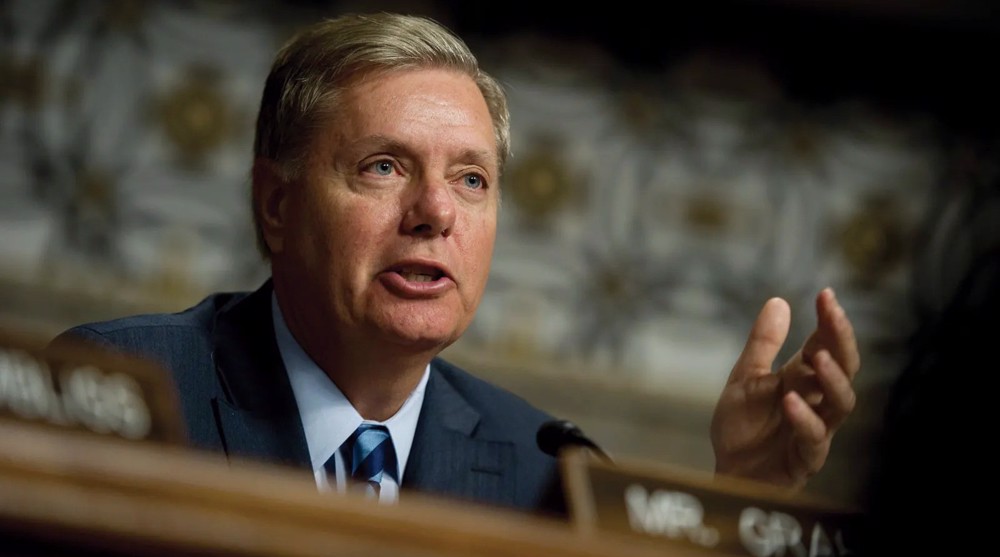
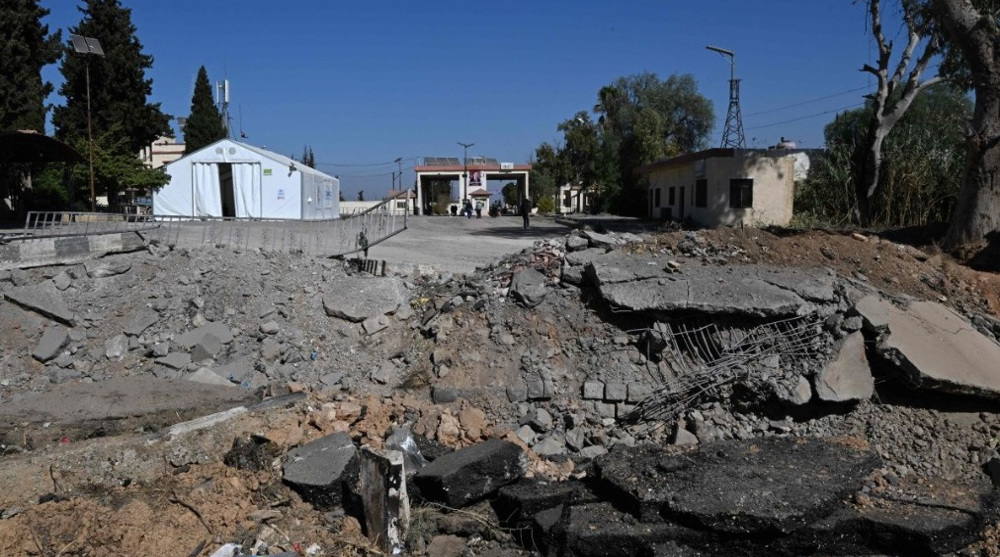



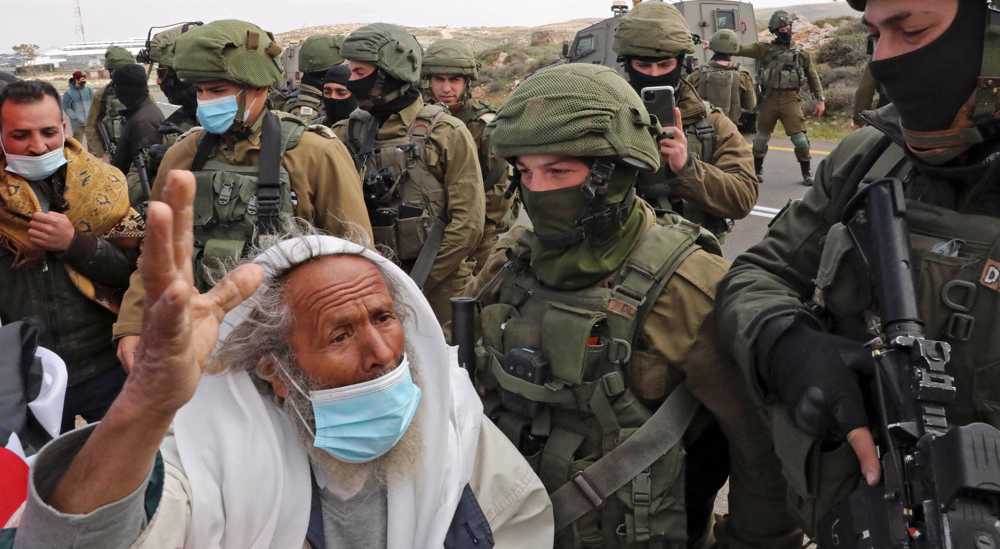
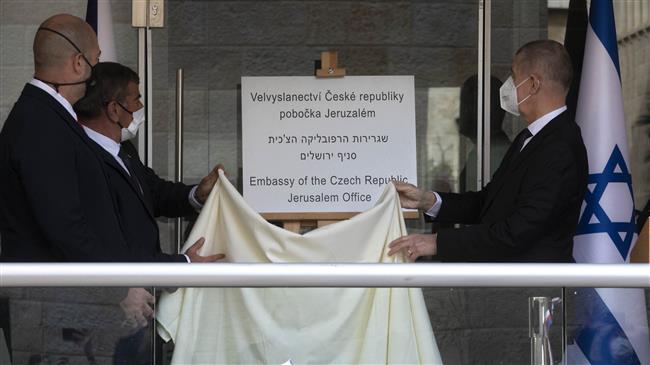
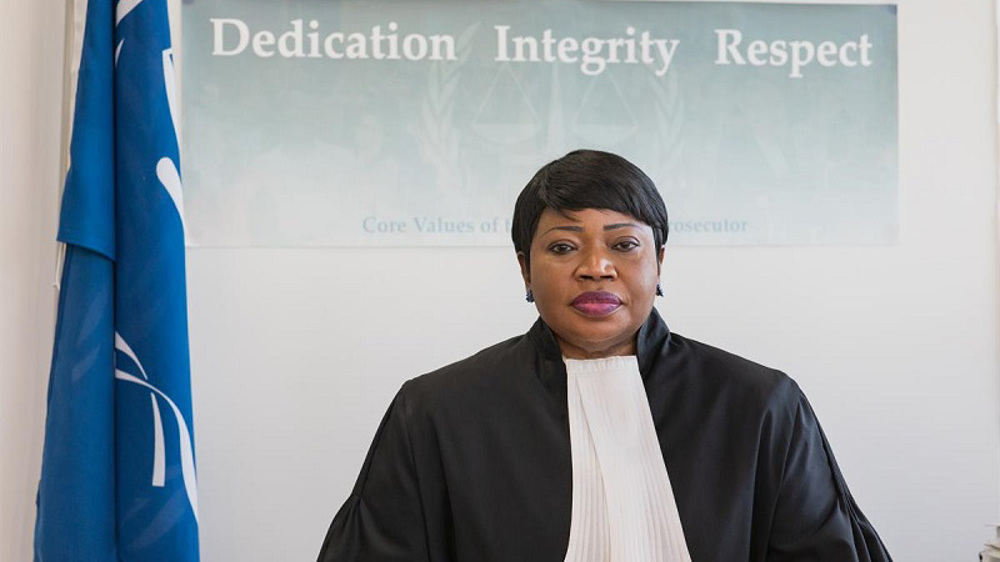
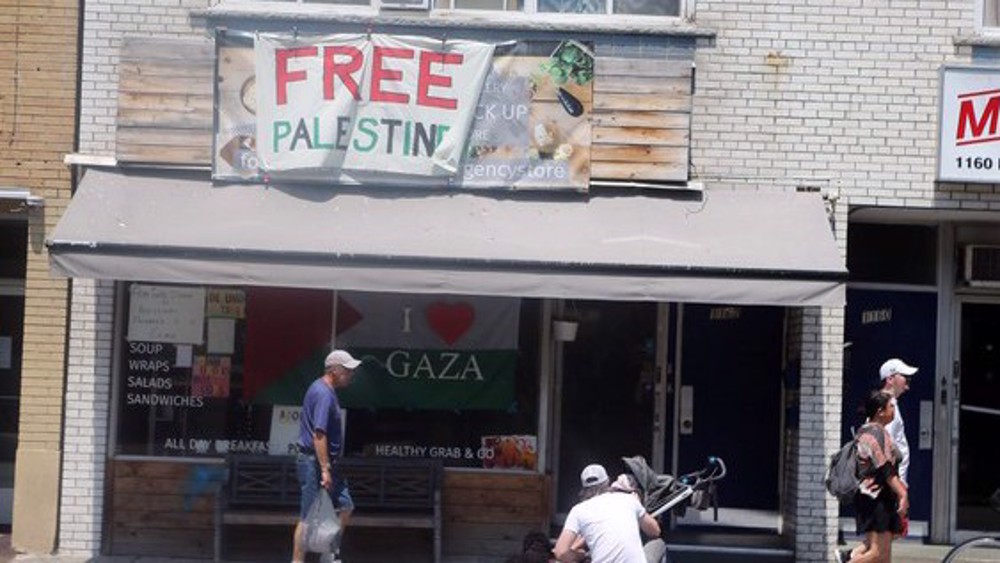

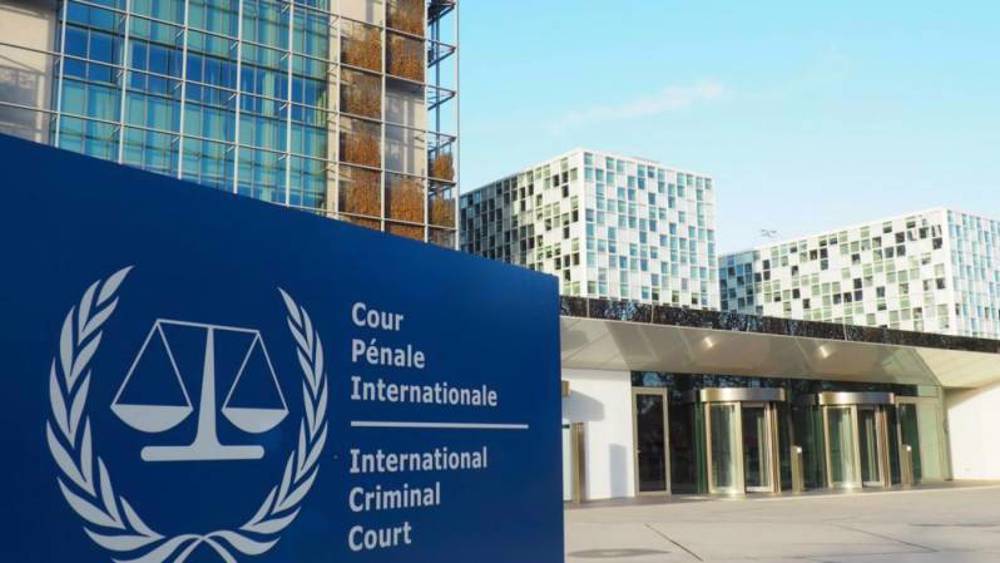
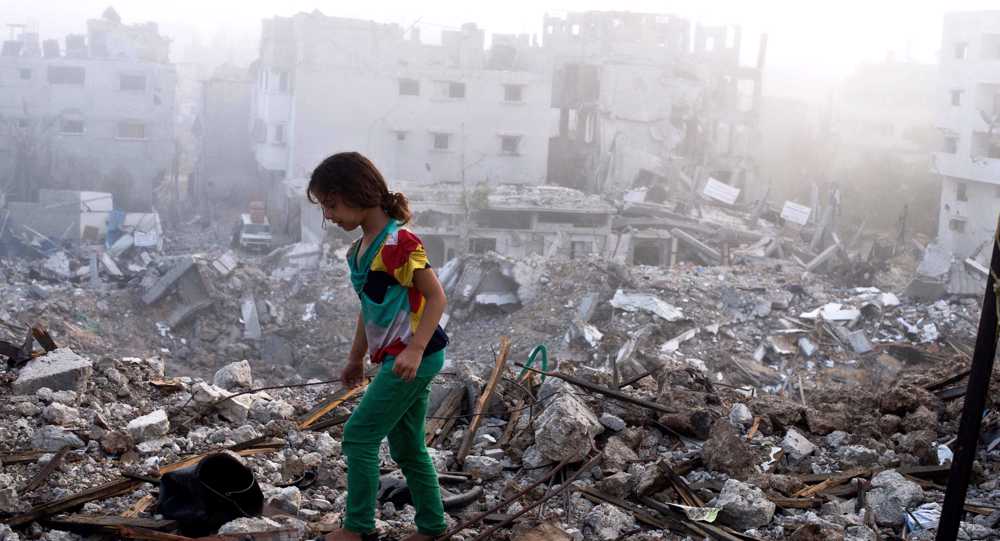
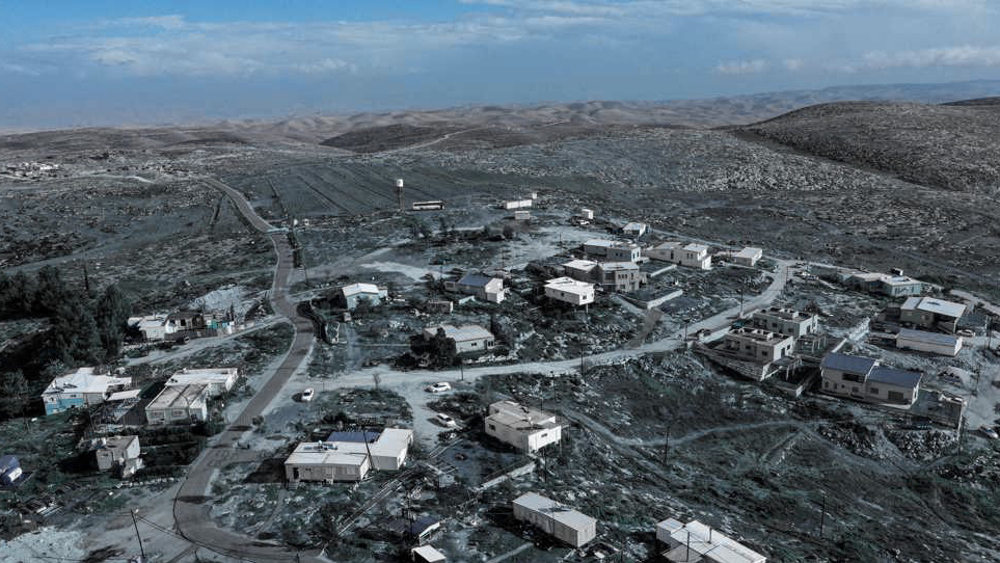

 This makes it easy to access the Press TV website
This makes it easy to access the Press TV website